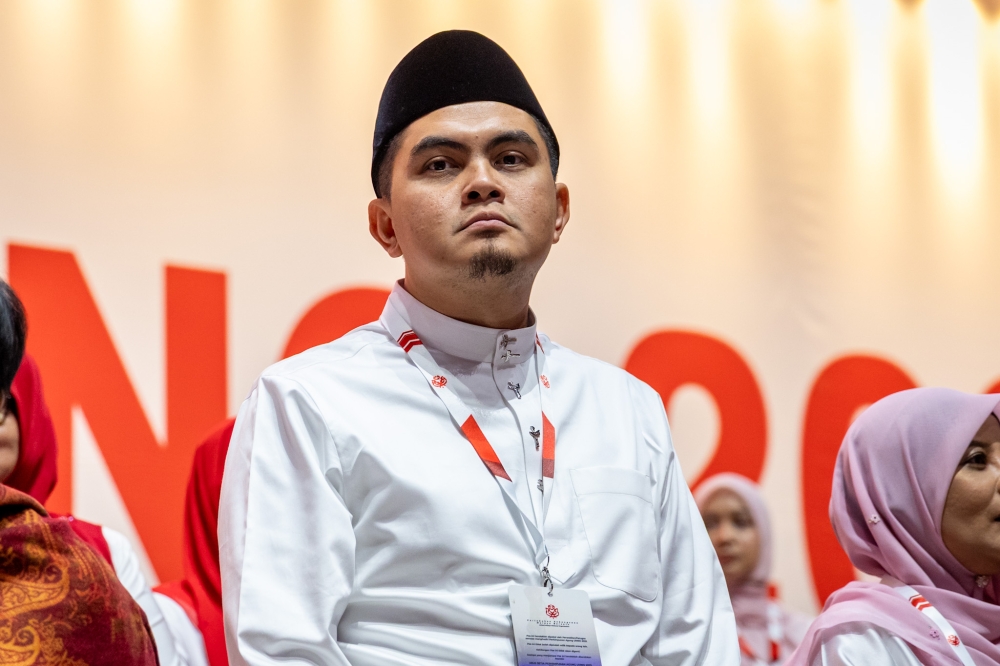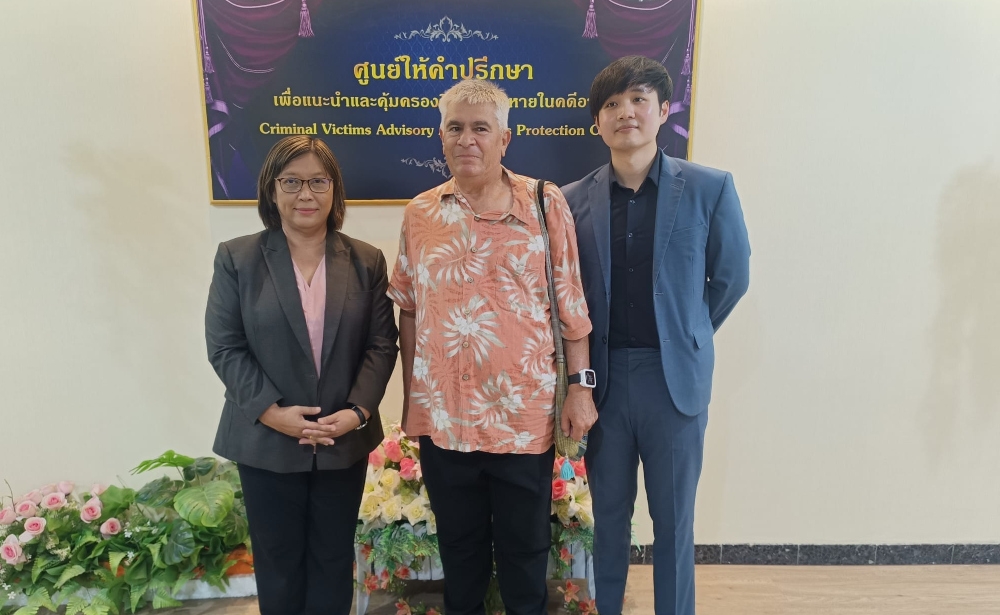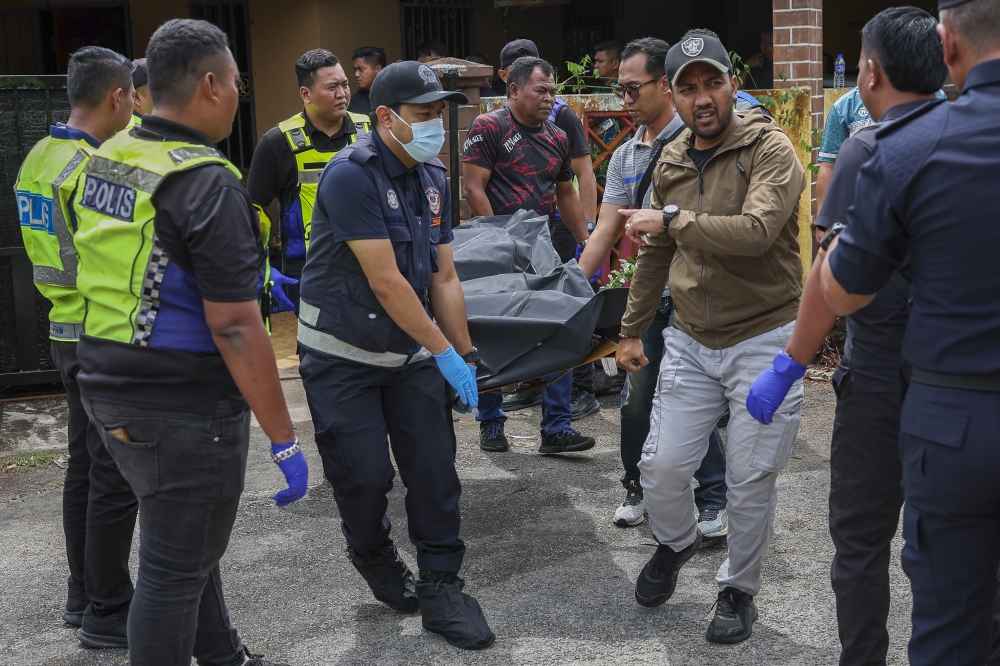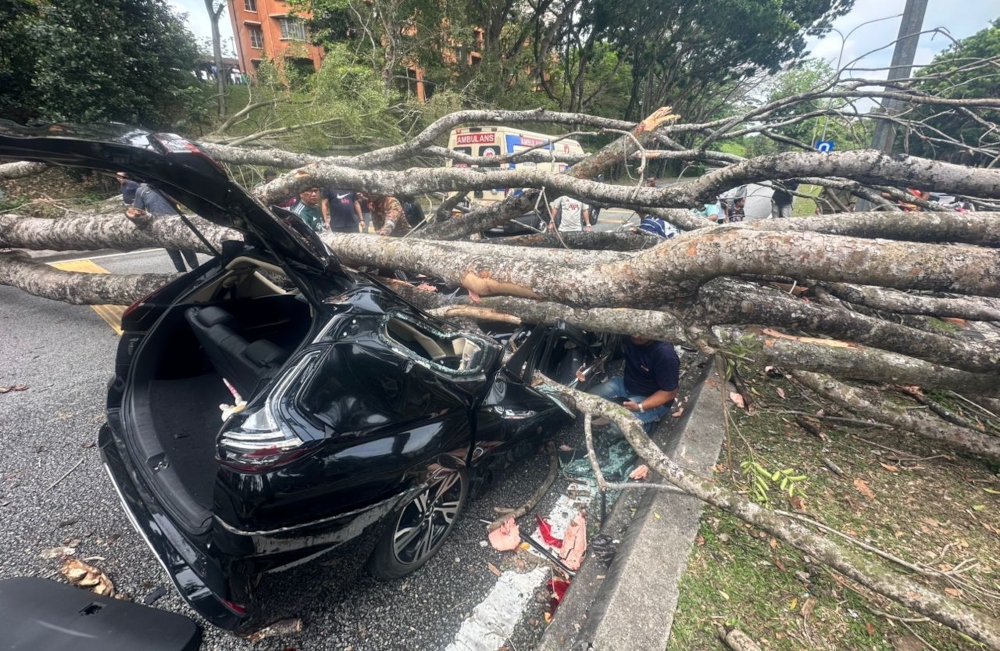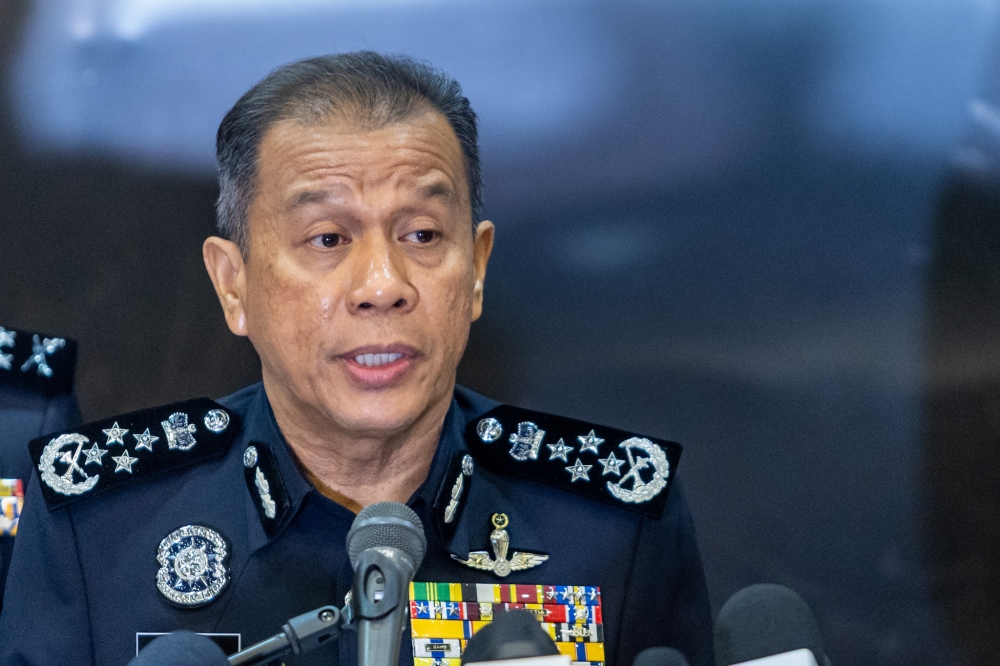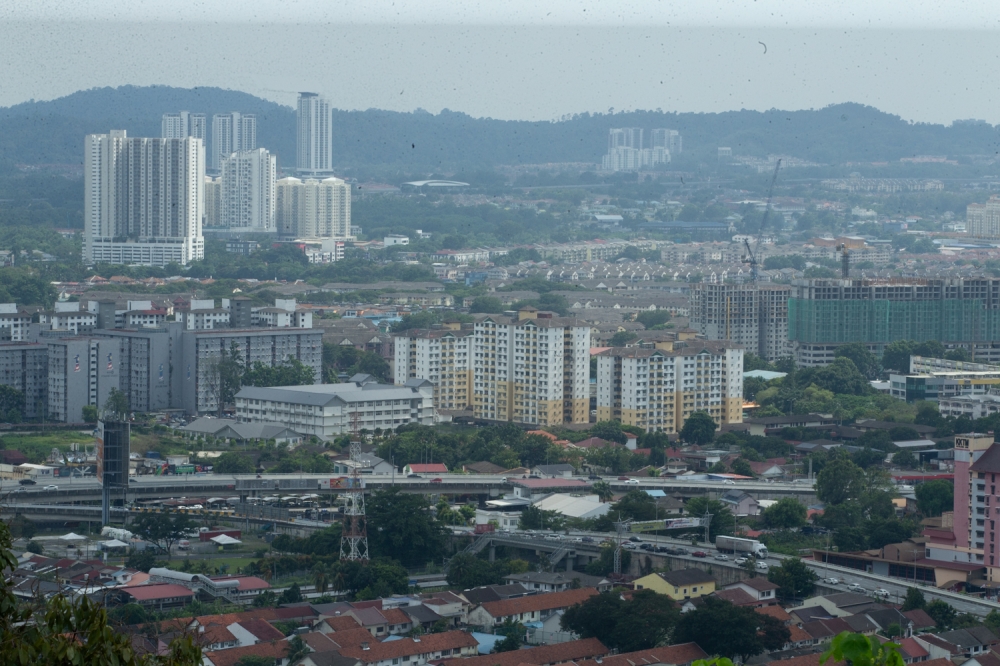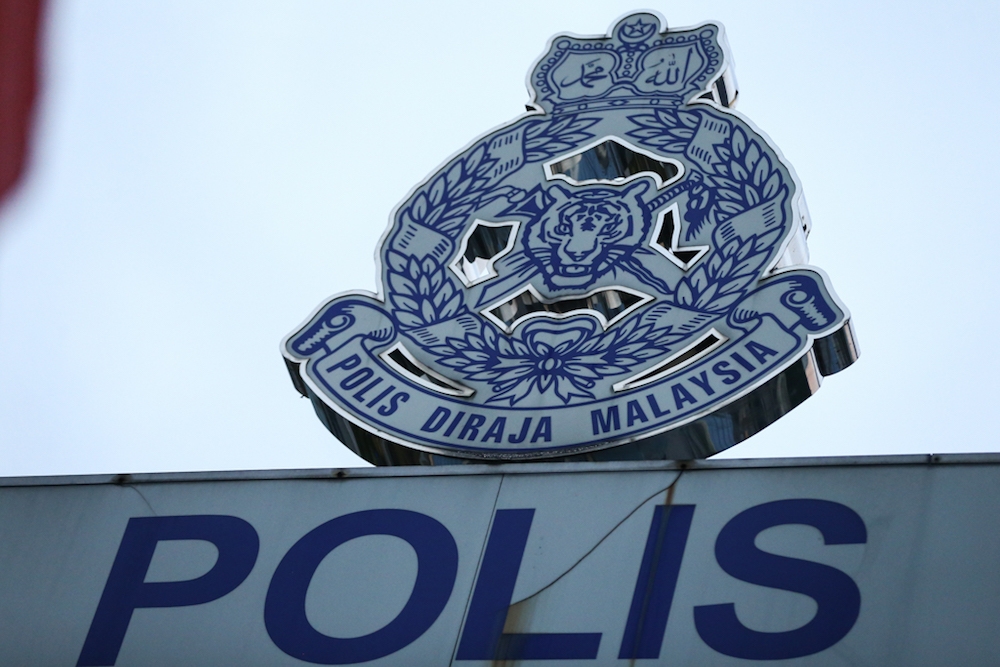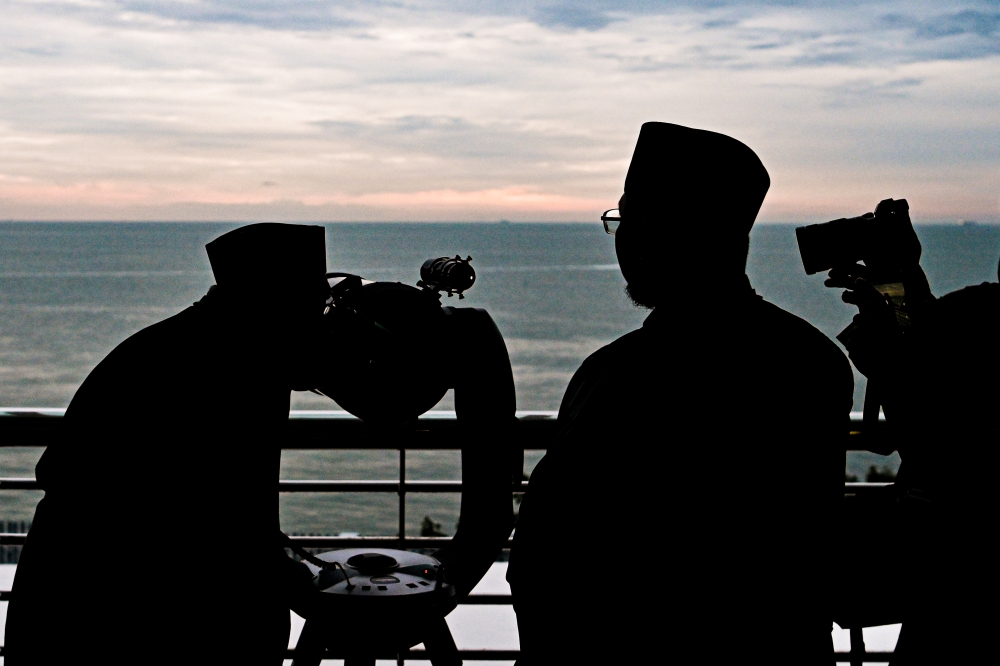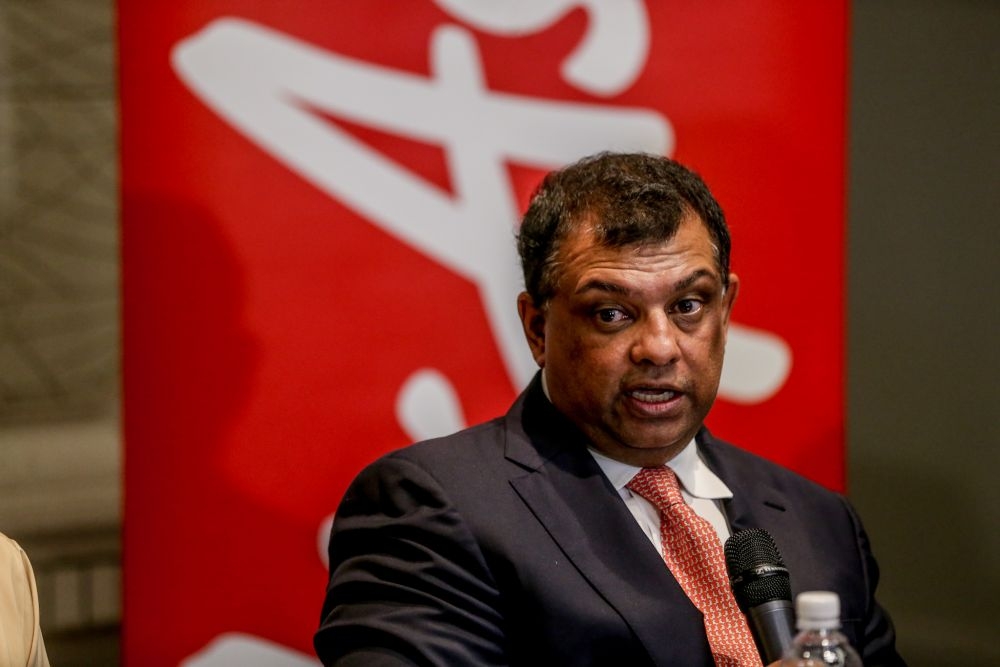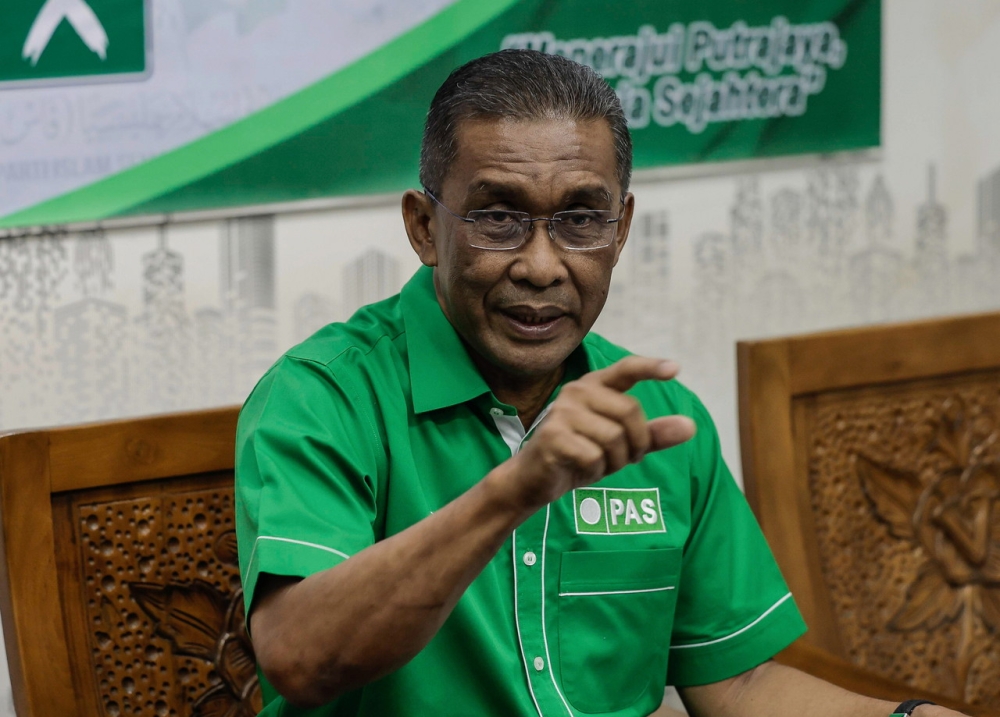KUALA LUMPUR, Dec 18 — The High Court judge who is presiding over Datin Seri Rosmah Mansor’s money laundering and tax evasion case involving RM7,097,750 has suggested for the trial to be transferred before another judge to enable it to be heard earlier.
Judge Mohamed Zaini Mazlan made the suggestion after deputy public prosecutor (DPP) Poh Yih Tinn updated the court about Rosmah’s corruption case involving the solar hybrid project for rural schools in Sarawak, which is fixed for oral submissions on Feb 10 next year after the prosecution wrapped up its case on December 11.
Judge Mohamed Zaini, who is presiding over both cases, had initially decided to start Rosmah’s money laundering and tax evasion trial after the completion of her corruption trial.
Judge Mohamed Zaini: Have you not giving thoughts to getting another judge to hear this (case) if you are more keen to proceed earlier.
Poh: I have to consult the senior DPPs.
Judge Mohamed Zaini: (You should) think about that. Otherwise, it is fine to just maintain (the trial at) this court. So, we will fix another case management on Feb 25 next year pending your discussion.
Poh: Ok, I will discuss it with Datuk Seri (Senior DPP Datuk Seri Gopal Sri Ram).
Rosmah, 69, who was exempted from attending the proceedings, was represented by her lawyer Datuk Geethan Ram Vincent.
On October 4, 2018, the wife of the former prime minister Datuk Seri Najib Razak pleaded not guilty to 12 counts of money laundering, involving RM7,097,750, and five counts for failing to declare her income to the Inland Revenue Board.
The offences were allegedly committed at Affin Bank Berhad, Bangunan Getah Asli branch, Jalan Ampang here between December 4, 2013, and June 8, 2017, and at the Inland Revenue Board, Kompleks Bangunan Kerajaan, Jalan Tuanku Abdul Halim here between May 1, 2014, and May 1, 2018.
The charges on money laundering were framed under Section 4(1) (a) of the Anti-Money Laundering, Anti-Terrorism Financing and Proceeds of Unlawful Activities Act 2001 and punishable under Section 4(1) of the same law, which provides for imprisonment up to 15 years and fine of not less than five times the sum or value of the proceeds of unlawful activity or RM5 million, whichever is higher, if found guilty.
The charges for tax evasion made under Section 77(1) of the Income Tax Act 1967 required her to furnish returns of her income for the assessment year 2013 to 2017 to the IRB Director-General on or before April 30, 2014, 2015, 2016, 2017 and 2018 without reasonable excuse contrary to Section 112 of the law. — Bernama

